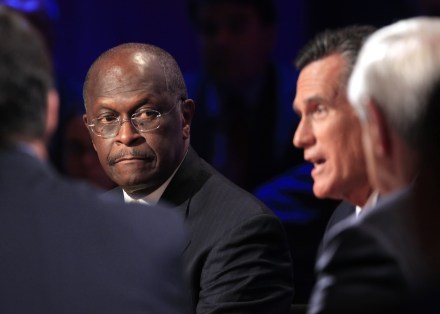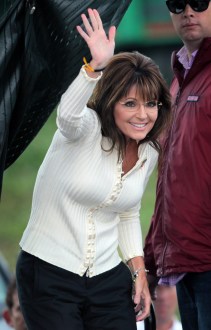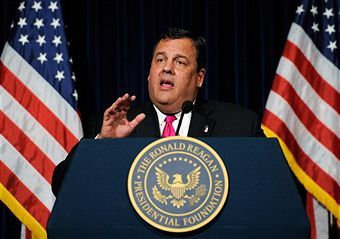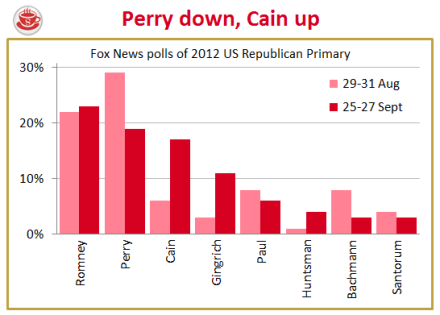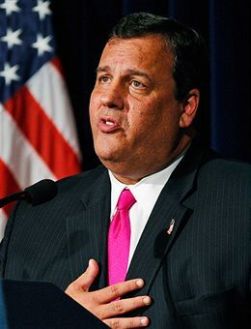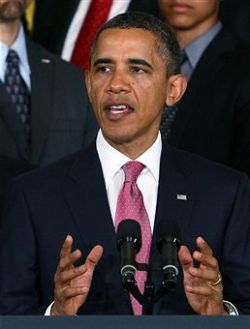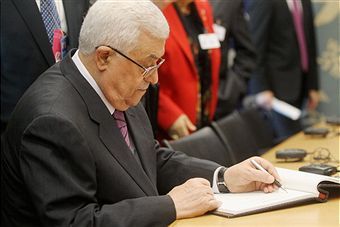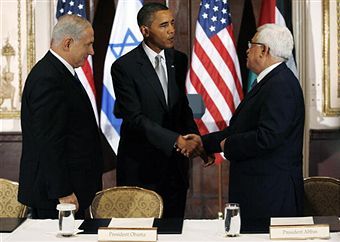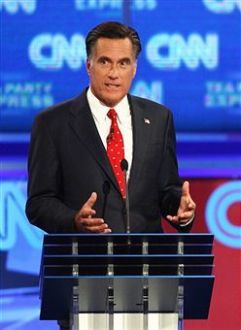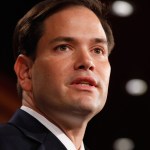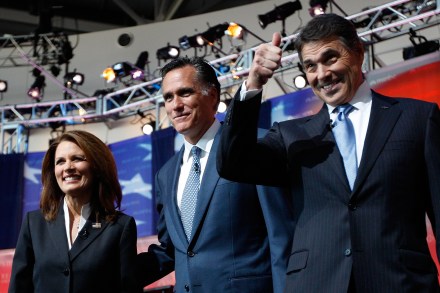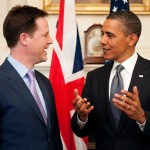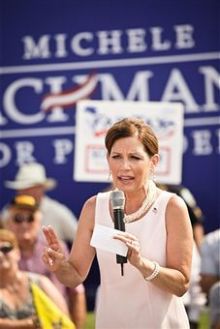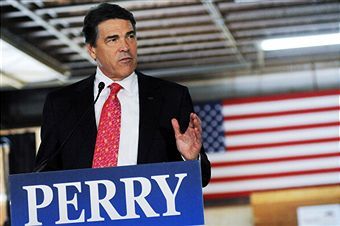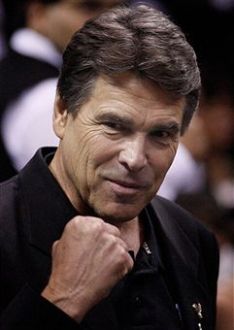Republicans go all in in Vegas
Up till now the debates between the Republican presidential candidates have not thrown up much excitement. That changed last night as the main contenders stopped playing nice and started going after each other. The most notable exchange came when Rick Perry accused Mitt Romney of hiring illegal immigrants. This caused Romney to lose his usual above-it-all cool: This exchange will not have done Romney any favours, but he compensated with other strong moments and so retains the “favourite” label. What has changed, though, is the tone of the primaries: it’s going to be a more aggressive campaign as we close in on the first primaries.


